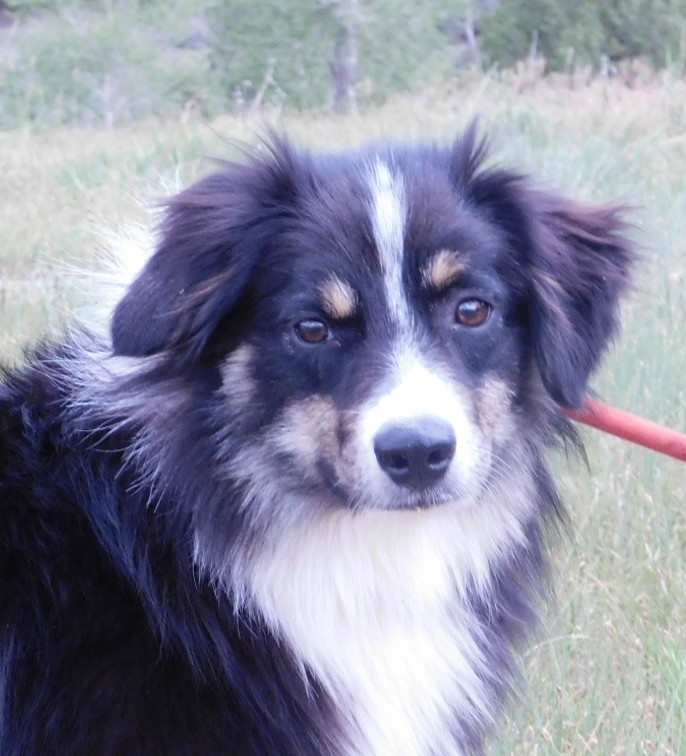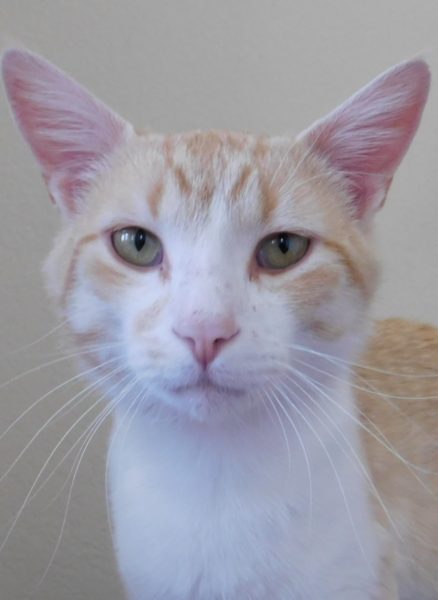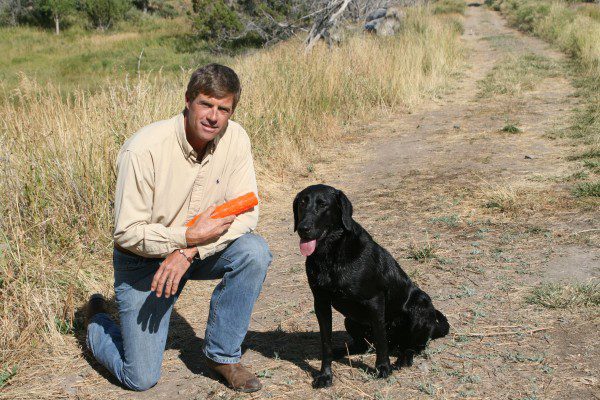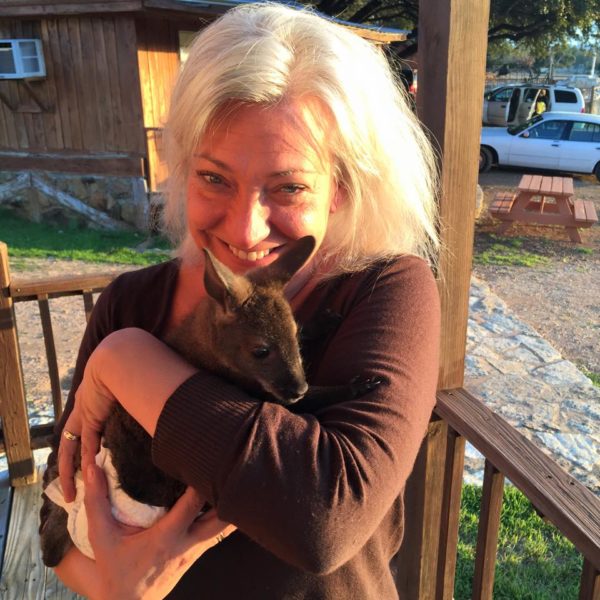
28 Jun Second Chance: Dogs, Anti-Asthma Solution & More?
I am sure you have heard of the growing concern that, in the growing germ-phobic anxiety to banish bacteria from our indoor world, people have become too clean for their own good. All the scrubbing, disinfecting, vacuuming and filtering are eliminating the fortifying mix of microscopic creatures that immune system’s need to develop properly. But, no worries – if you are a pet owner…
Humans have always needed the “indoor microbiome,” the billions of bacteria, viruses, and fungi found in homes and offices. Not all those micro-organisms are bad. In fact, exposure to a rich array of indoor germs is now thought to be beneficial, helping stave off a variety of illnesses. This point leads us to a great segway and the star of today’s Pet Column…the dog.

Kelly
Dogs sniff, lick, walk through and roll in mud, feces, and other questionable substances. We track countless germs into homes on our paws, snouts, and fur and we do this all for good reason – to keep you healthy. According to a recent article in The New York Times, new research on pets and human health show that the cloud of dog-borne microbes may be working to keep people healthy.
Epidemiological studies show that children who grow up in households with dogs have a lower risk for developing autoimmune illnesses like asthma and allergies — and it may be a result of the diversity of microbes that these animals bring inside our homes.
The “hygiene hypothesis” is that spending over 90 percent of our time in the bacteria-poor environment indoors, (as we do especially early in life, when our immune systems are being formed), can later cause our bodies to overreact to harmless substances later on, making us sick.
“Allergies and asthma are both examples of the way that the immune stem is misfiring,” said Jordan Peccia, a professor of environmental engineering at Yale University. “An allergy is our immune system attacking something that it shouldn’t attack, because it hasn’t been calibrated properly.”
It is thought that exposure to animal micro-organisms during the first three months of life helps to stimulate a child’s immune system so that it doesn’t become overly sensitive later in life. Another study in the New England Journal of Medicine found that Amish children who grew up close to barnyard animals (as our human predecessors did for thousands of years) had far lower rates of asthma than children raised apart from animals on large mechanized farms.
Thus, depriving children contact with these ancestral bacterial allies can lead to immune systems losing the ability to distinguish between friend and foe. Cohabitation with pets is considered the next best thing to living next door to a barnyard for training a growing immune system.
I am not claiming that all animal-borne microbes are good for you, but the good is now considered to outweigh the bad – though it is still probably best to not let you dog lick your lips after he has been licking his butt.
New research is showing that the health benefits of pets reaches beyond oxytocins and mood stabilization, toward acting as a probiotic by triggering bacteria in human’s guts to elevate moods and other mental functions.
My name is Kelly. I am a beautiful black tri-mini Aussie at only about 1 1⁄2 years young. I was among the group recently rescued from a puppy mill, so I am shy and timid when first meeting people. But, I am very sweet-natured and enjoy running and leaping with my dog friends. Because of my history, I gain great confidence from other dog’s presence and don’t do well walking on a leash without other dogs around. I am seeking a forever family with the patience and compassion to help me learn the world is a good and safe place.
We don’t yet know if contact with feline microbes also helps prevent immune disorders; there have not yet been large enough studies to provide reliable data, Dr. Gilbert said. “But we do know that indoor cats have less impact on the indoor microbiome than outdoor cats,” he added.

Archie
In any case, if you are a cat person wanting to boost your immune system you should come meet Archie, a handsome orange-and-white Tabby cat here at Second Chance. Archie is about 1 1⁄2 years old and arrived as a stray. He enjoys exploring the room and gets along great with other cats. He also loves human attention and enjoys sunbathing by the window and would make a great house cat.
Editor’s note: It’s no secret. The Telluride region is dog heaven. Well, pet heaven. Unless you are one of our furry friends who gets caught in the maw of neglect and abuse. Then heaven is on hold until Second Chance Humane Society comes to the rescue. Second Chance is the region’s nonprofit dedicated to saving animals’ lives and promoting responsible pet parenting and human-animal bond. In her weekly blog, executive director Kelly Goodin profiles at least one, generally two of the many animals now living at the no-kill shelter, Angel Ridge Shelter, a dog and a cat, hoping to find them loving permanent homes. The column is sponsored by Ted Hoff of Cottonwood Ranch & Kennel, who from time to time exercises his skills as a dog whisperer, partnering with Kelly and her staff to help train a particularly challenging animal.

Ted Hoff & Magnificent Mae
By the by, there is no better place to park your pup or get your pup (or adult dog) trained than Cottonwood whenever you head out of town (for locals) or are heading to town and staying somewhere that does not allow pets. Consider joining Ted’s Very Important Dog (VID) Club for added benies. (Details on Ted’s website.)
Second Chance Humane Society Animal Resource Center and Thrift Shop are both located in Ridgway, but service San Miguel, Ouray & Montrose Counties. Call the SCHS Helpline at 626-2273 to report a lost pet, learn about adopting a homeless pet, or about the SCHS Spay/Neuter, Volunteer, Feral Cat, or other Programs. View the shelter pets and services online: www.adoptmountainpets.org
Vetting the Vet: Dr. Michelle Dally, DVM, J.D. is Medical Director of Second Chance Humane Society. She also has a private practice, Dally Veterinary Medicine, 333 S. Elizabeth Street, Ridgway, Colorado. Her service area is San Miguel Mesas, Placerville, Ridgway, Ouray, and Montrose. For more on Dr. Dally, go here.

Michelle & Wallowby


Sorry, the comment form is closed at this time.